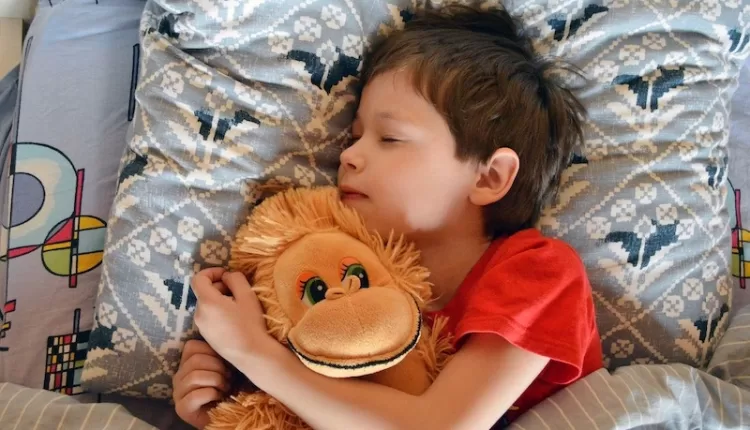Children who don’t get enough sleep may have physical and mental health issues, which might have a serious impact on their overall wellness and academic performance, according to a recent study published in JAMA Network Open. The study suggests that even losing only 30 minutes of sleep could have a significant effect.
The DREAM project, which examined the effects of sleep deprivation on healthy youngsters, served as the context for the research. There were 100 healthy, sleep-unproblem-free kids between the ages of 8 and 12.
SLEEP CONTROL AND PROLONGATION
The kids’ bedtimes were adjusted, with some getting an hour later (sleep restriction) and others getting an hour earlier (earlier bedtime) (sleep extension). However, they still woke up at their usual times.
Parents and kids were asked to complete several questionnaires to rate their children’s health-related quality of life during alternating weeks of sleep restriction and sleep extension.
SLEEP DEPRIVATION’S EFFECT
According to the study, children who lost as little as 30 minutes of sleep experienced considerably decreased well-being, difficulty adjusting to school, and a lower quality of life. The findings demonstrated that sleep restriction had an impact on children who had just lost 30 minutes of sleep.
The perceived quality of life of both a kid and their parents can be negatively impacted by sleep loss, according to Dr. Philip Pirtle, a pulmonologist and sleep expert at Houston Methodist. He made a point of stating that all kids require a sufficient amount and quality of sleep in order to maintain their sense of well-being and their capacity to function in a school environment.
ADVANTAGES OF SLEEP
This study is a “wakeup call to parents,” according to Dr. Azizi Seixas, Associate Director of the Center for Translational Sleep and Circadian Sciences at the University of Miami Health System, to take sleep seriously for both their children and themselves. He clarified how practicing excellent sleep hygiene, which includes turning off electronics before bed, may have a favorable effect on a number of aspects of a healthy lifestyle, including food selection and exercise, coping skills, and social engagement.
Seixas advises parents to establish and uphold consistent bedtimes that will provide kids’ growing bodies and brains ample sleep. He says that because sleep is a “zero-sum equation,” it might have an impact on how well someone functions the next day. Sleep is something you can never get back.
FINAL THOUGHTS
The importance of sleep for children’s physical, mental, and academic health is highlighted by this study, which comes to a conclusion. Parents must prioritize good sleep habits, establish and uphold regular bedtimes, and restrict their children’s exposure to blue light before night. By doing this, parents can guarantee their kids get adequate restful sleep, which will improve their general well-being and boost their capacity for academic success.

